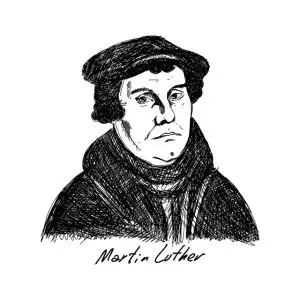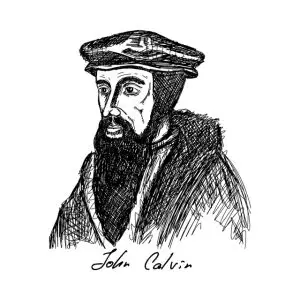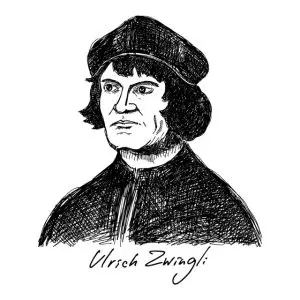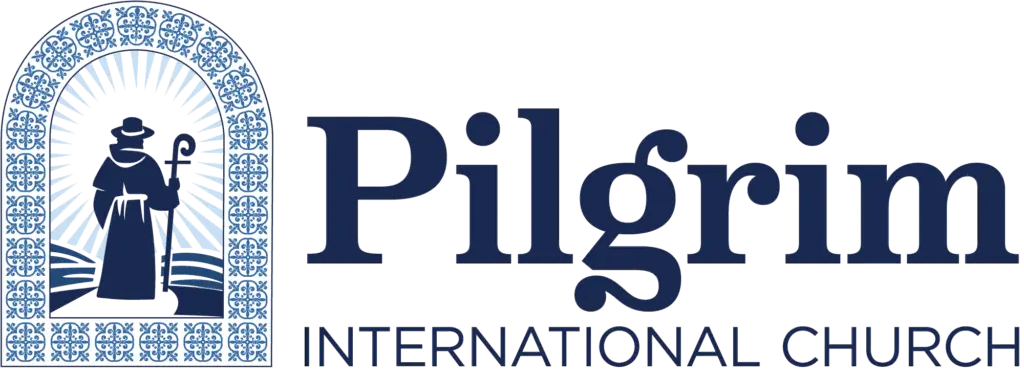Understanding the Reformation
Our Reformed Heritage at Pilgrim International Church
Semper Reformanda – Always Being Reformed
At Pilgrim International Church, our identity is deeply rooted in the legacy of the Reformation, a movement that sought to renew and reform the Church, bringing it closer to the teachings of Scripture and the simplicity of the gospel. This spirit of renewal continues to guide and shape our worship, beliefs, and community today, reminding us that the Church is always being reformed by the Word of God.
Historical Context
The Protestant Reformation officially began on October 31, 1517, when Martin Luther nailed his 95 Theses to the door of Wittenberg Castle Church. This period marked a time of significant change and upheaval in Europe. The invention of the printing press had made the Bible more accessible, literacy was increasing, and people were beginning to question longstanding traditions in light of Scripture.
At the heart of the Reformation was a desire to renew the Church and align its practices and teachings with the Bible. This movement sparked both reform within the Roman Catholic Church (known as the Counter-Reformation or Catholic Reformation) and the emergence of Protestant churches. The Counter-Reformation led to significant reforms within the Roman Catholic Church, demonstrating that the desire for renewal touched all parts of Christian faith, yet it also provoked a strong reaction by the Roman Catholic Church against foundational principles of the Reformation. This reaction is the direct cause of the break between the Roman Catholic and Protestant churches that exists today.
The Protestant movement for reform was not about breaking away but about returning to the core of the faith, ensuring that the Church’s practices and teachings were in harmony with God’s Word. It was, and remains, a call to continual growth and greater faithfulness.

The Five Solas
The Reformation is often summarized by five foundational principles, known as the Five Solas:
- Sola Scriptura (Scripture Alone): The Bible is the highest authority for faith and life, our norm for all doctrine and practice. At Pilgrim, this means we ground all our teaching in careful Bible study and encourage every member to read and understand Scripture for themselves.
- Sola Fide (Faith Alone): Salvation is through faith in Jesus Christ, not through our own efforts or merits. Our church emphasizes this through regular gospel preaching and rejecting any notion that we can earn God’s favor through good works.
- Sola Gratia (Grace Alone): Salvation is a gift of God’s grace, not something we can earn. This truth shapes our community as one marked by gratitude toward God and grace toward one another.
- Solus Christus (Christ Alone): Jesus Christ is the sole mediator between God and humanity, and salvation is found in Him alone. Jesus Christ is the sole mediator between God and humanity, and salvation is found in Him alone. Our worship and teaching center on Christ and His work.
- Soli Deo Gloria (To the Glory of God Alone): Everything we do is for the glory of God. This principle guides our approach to work, family life, and community service.
These principles were not new inventions but a return to the teachings of Jesus and the apostles that had always been at the heart of the Christian faith. They serve as a reminder that renewal is an ongoing process, calling the Church and its members to constant alignment with God’s will.
Key Figures of the Reformation
Several key leaders emerged during the Reformation, each contributing to the renewal of the Church in unique ways:

Martin Luther (1483–1546): The spark that ignited the Protestant Reformation, Luther was a German monk, theologian, and professor who changed the course of church history with his 95 Theses. His translation of the Bible into German made Scripture accessible to common people, and his emphasis on salvation through faith alone remains central to Protestant teaching.

John Calvin (1509–1564): A French theologian whose systematic approach to faith continues to influence our church today, Calvin emphasized God’s sovereignty and the importance of applying faith to all areas of life. His work in Geneva created a model for Reformed churches worldwide.

Ulrich Zwingli (1484–1531): Leading the Reformation in Zurich, Zwingli emphasized the authority of Scripture and reformed worship to focus on biblical teaching. His influence shaped the distinctly Reformed understanding of the Lord’s Supper that we practice today.

John Knox (1514–1572): The father of Presbyterianism, Knox’s passion for biblical truth and church reform helped establish the Reformed tradition that influences our church governance through elder leadership.
These figures remind us that the call to reform is not about individuals but about the work of God through His Church, drawing it closer to Him.
Reformation Traditions
Our church stands in the Reformed and Presbyterian tradition, emphasizing:
- The inerrancy, inspiration, and authority of Scripture in all matters of faith and life
- The sovereignty of God in salvation and all of creation, and his providential control over our lives
- Elder-led church governance
- The importance of discipleship and Christian education
We hold to the historic Reformed confessions, including:
- The Westminster Confession of Faith
- The Three Forms of Unity
- The Belgic Confession
- The Heidelberg Catechism
- The Canons of Dort
Our Portuguese Context
Portugal has a rich Christian heritage dating back to the apostolic era. While predominantly shaped by Roman Catholic tradition, Portugal has also known periods of Protestant influence and reform. As a Reformed church in Portugal today, we seek to:
- Honor the deep Christian heritage of this nation
- Engage thoughtfully with Roman Catholic neighbors and friends
- Contribute to the spiritual renewal of Portugal
- Share the gospel in culturally sensitive ways
As a community, we seek to reflect the gospel in all that we do—proclaiming the good news of salvation by grace through faith, nurturing one another in the truth of Scripture, and glorifying God in every aspect of our lives.
